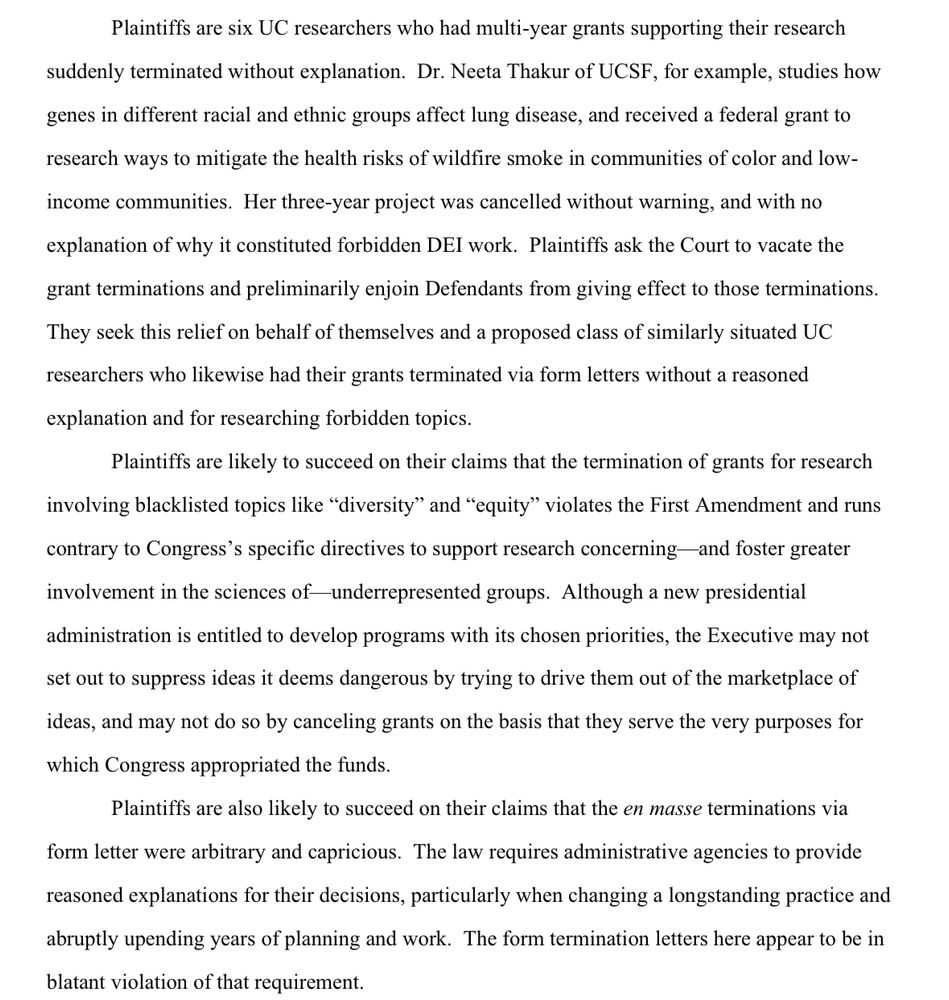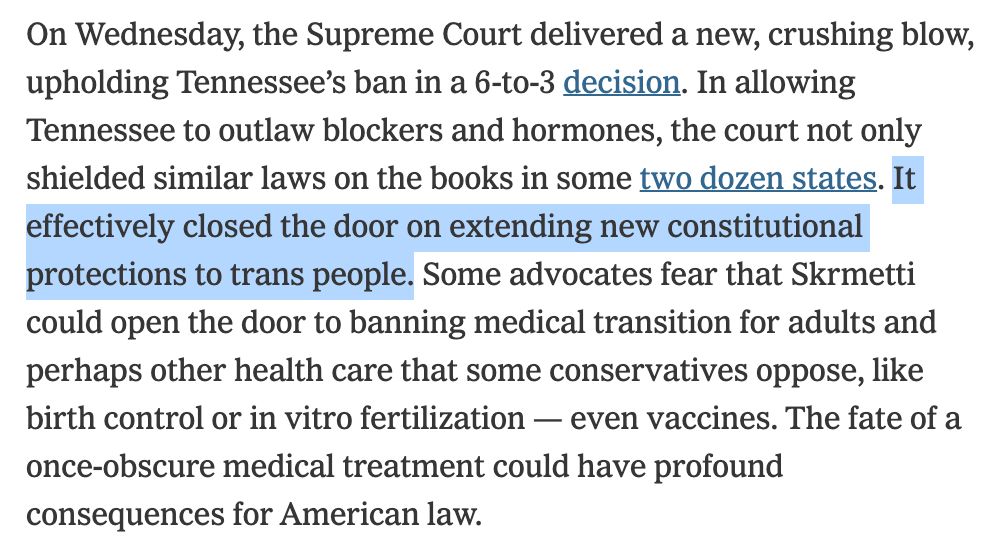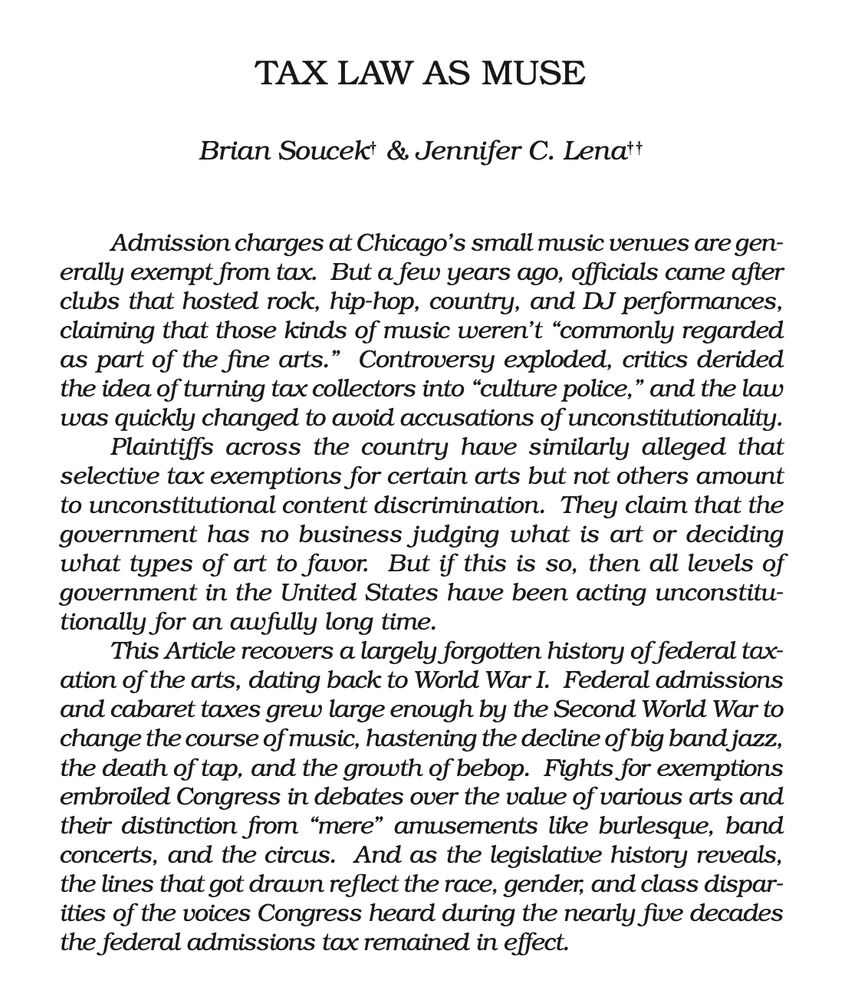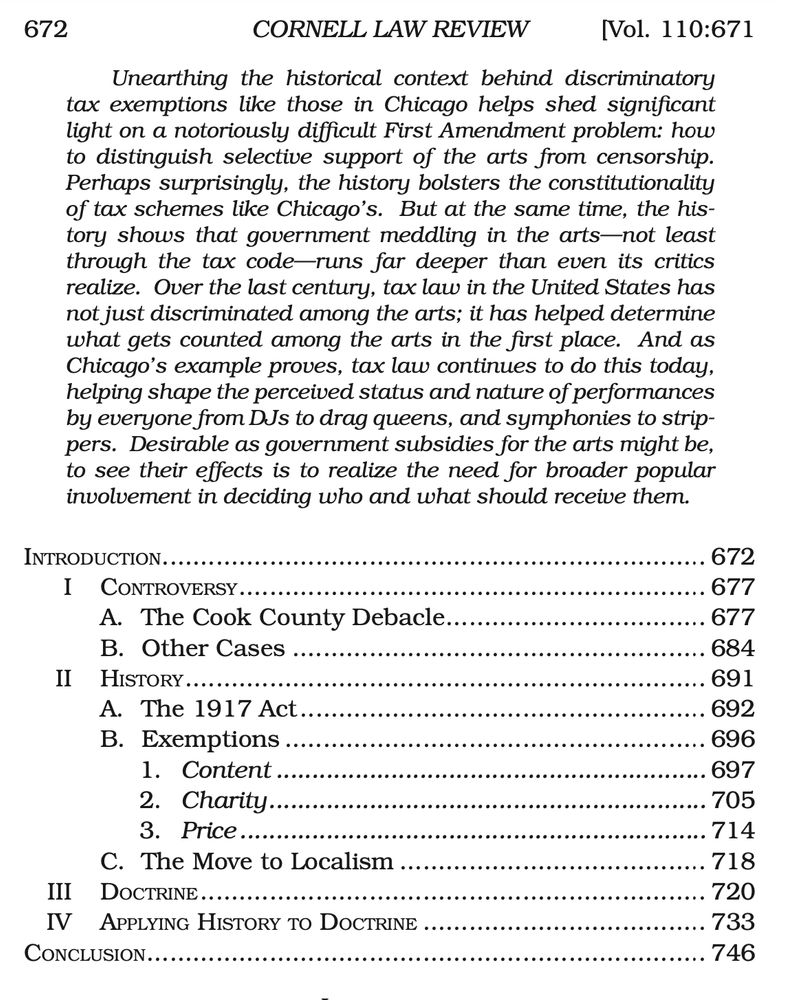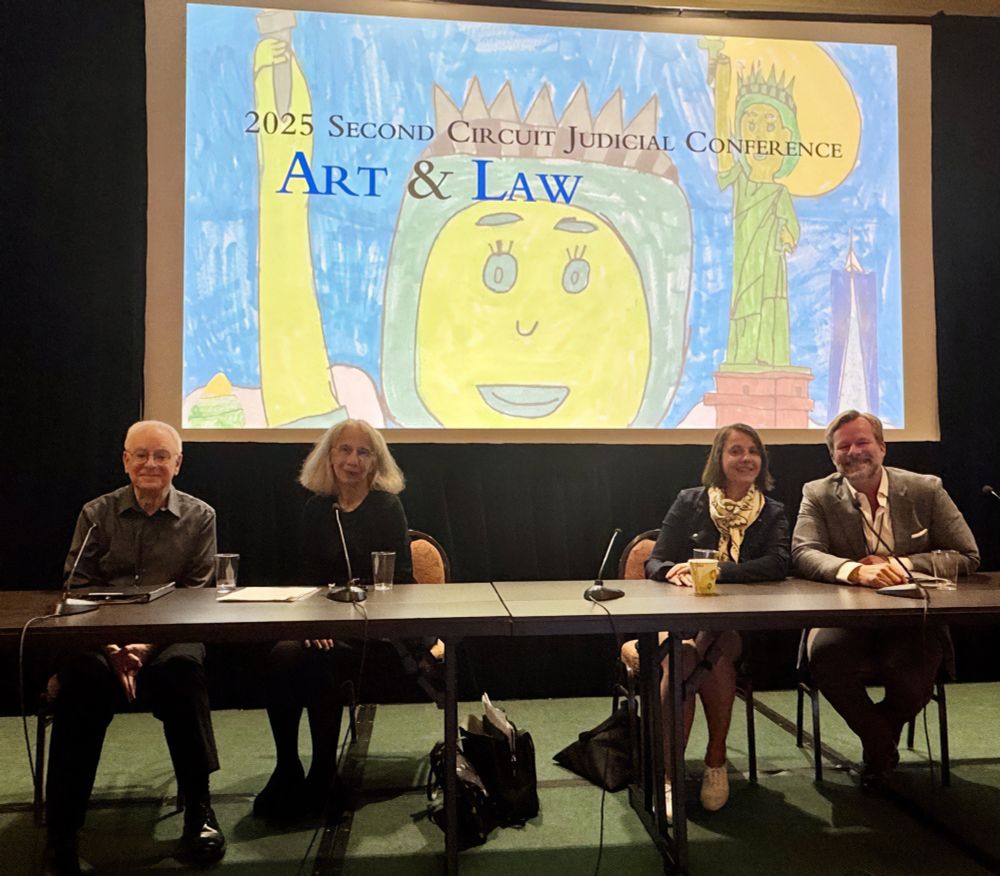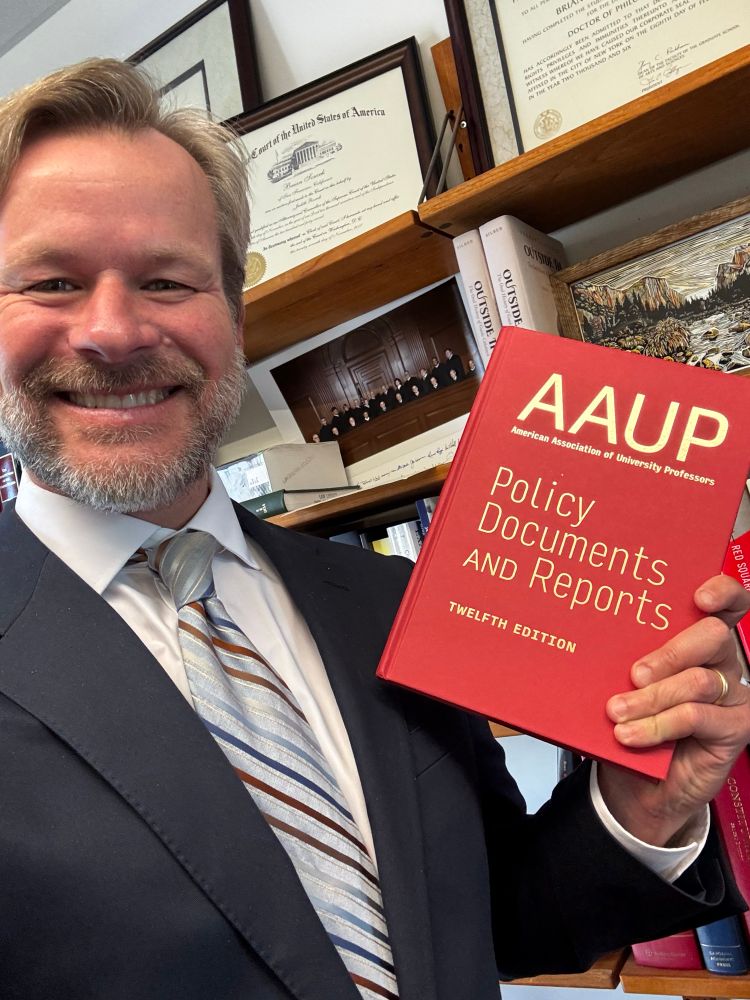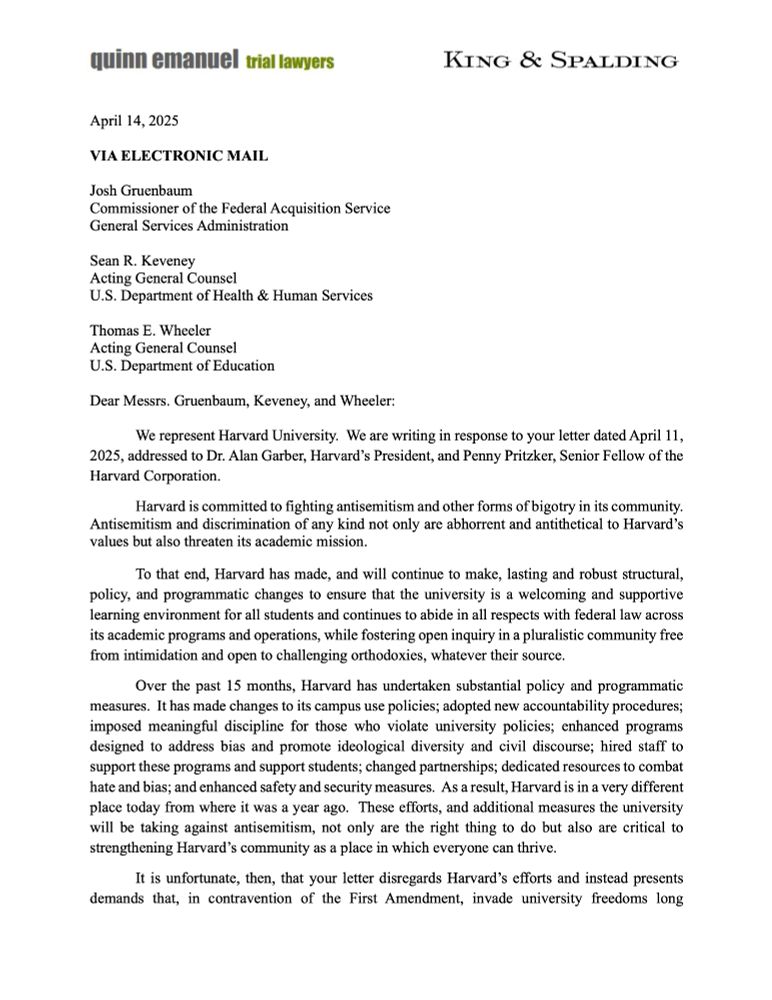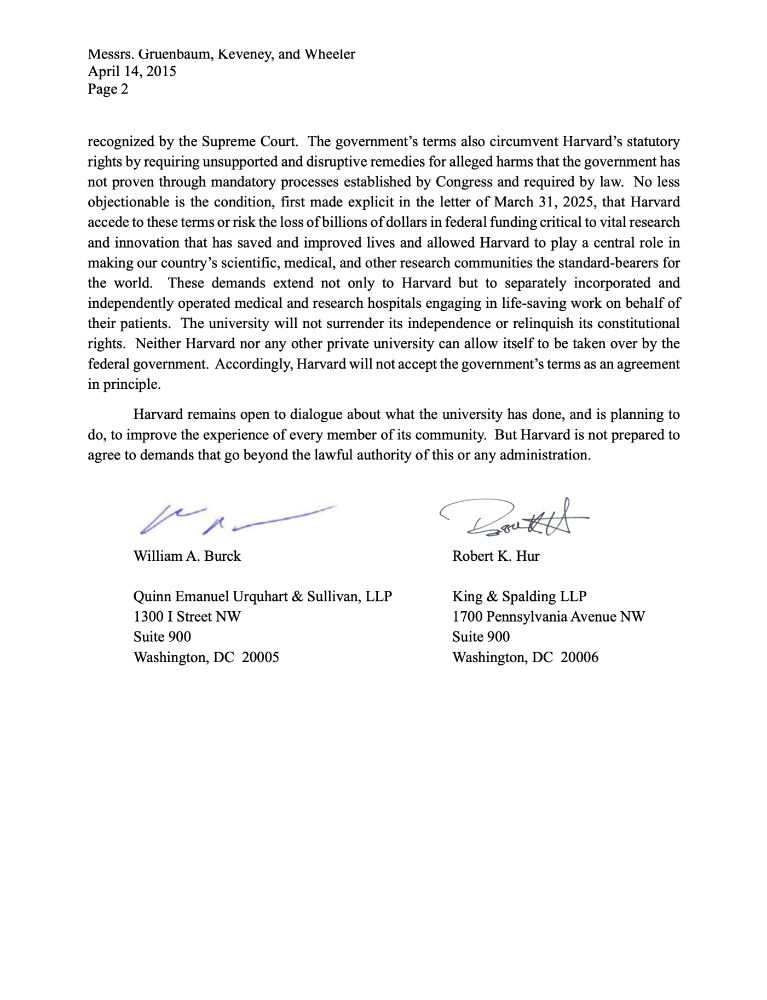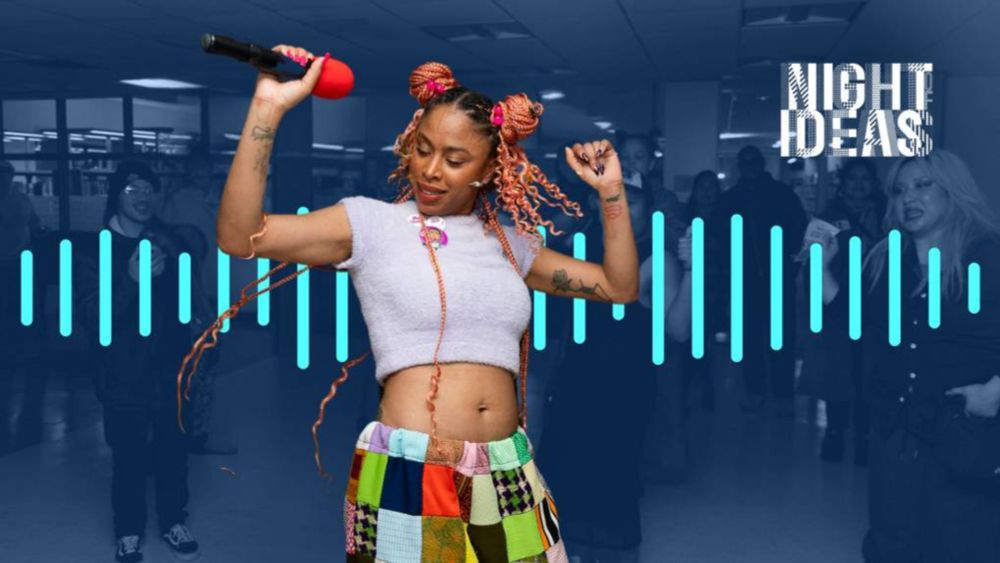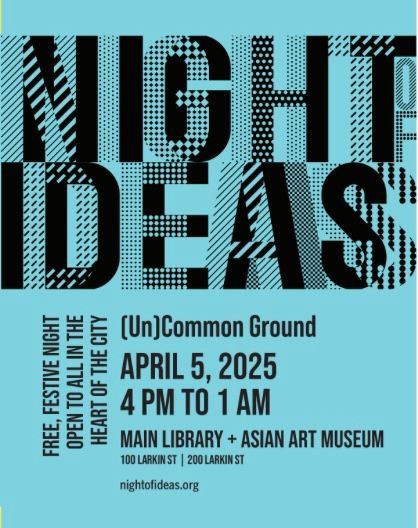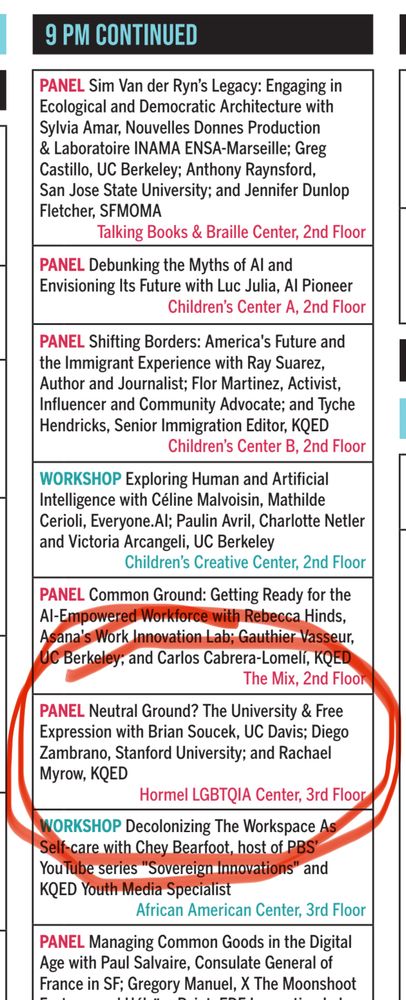Brian Soucek
@brsoucek.bsky.social
720 followers
350 following
74 posts
Professor at UC Davis Law School, where I teach con law & civil procedure and write about academic freedom & aesthetics. Author of The Opinionated University (U Chicago Press 2025) and Permitting Art (Cabinet).
https://law.ucdavis.edu/people/brian-soucek
Posts
Media
Videos
Starter Packs
Reposted by Brian Soucek
Brian Soucek
@brsoucek.bsky.social
· Jun 27
Reposted by Brian Soucek
Reposted by Brian Soucek
Reposted by Brian Soucek
Reposted by Brian Soucek
Brian Soucek
@brsoucek.bsky.social
· May 6
Brian Soucek
@brsoucek.bsky.social
· May 1
Brian Soucek
@brsoucek.bsky.social
· Apr 26
Reposted by Brian Soucek
Brian Soucek
@brsoucek.bsky.social
· Apr 15
Reposted by Brian Soucek
Brian Soucek
@brsoucek.bsky.social
· Apr 9

New Report: Most Students Say Colleges Promote Free Speech
While freedom of speech remains a hot-button issue in higher ed, most undergraduates feel like they’re free to speak their minds on campus, according to a new report by the Lumina Foundation and Gallu...
www.insidehighered.com
Reposted by Brian Soucek
Reposted by Brian Soucek
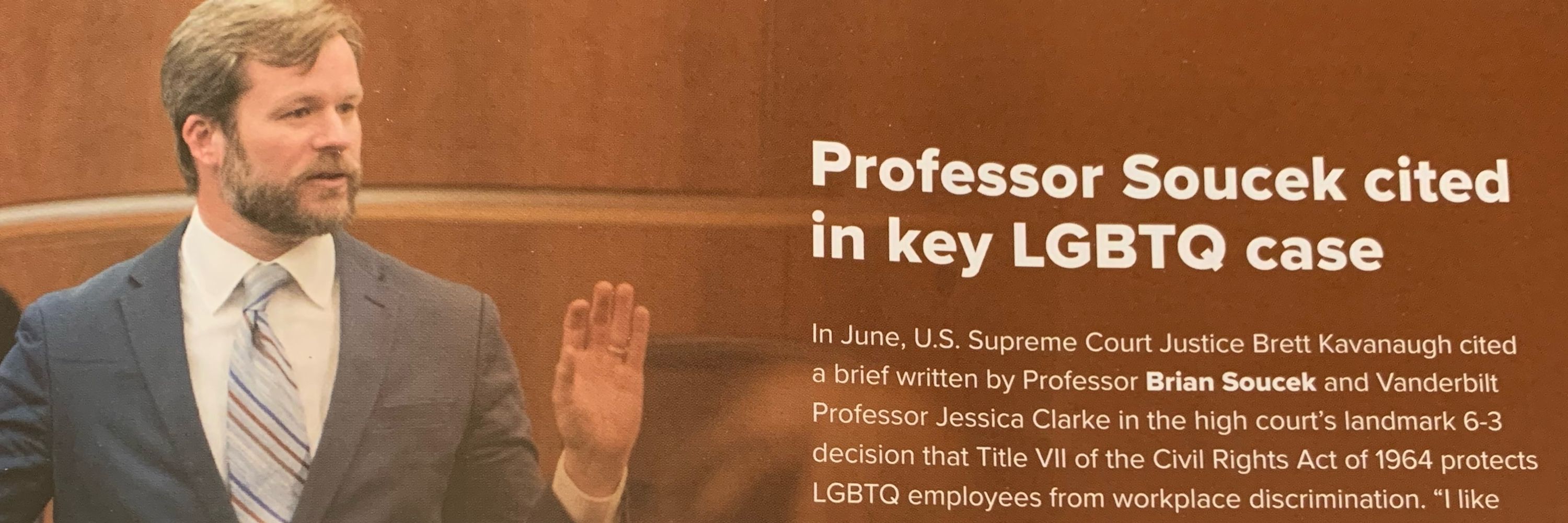



![MILITARY RECRUITMENT AT UC DAVIS SCHOOL OF LAW
In accord with the University of California’s anti-discrimination policy and regulations
of the Associate of American Law Schools (AALS), the University of California, Davis
School of Law has a Non-Discrimination Policy & Statement of Equal Opportunity
providing that:
The UC Davis School of Law Career Services Office expects employers recruiting at
King Hall to share our belief that the diversity of our students' backgrounds,
experience and interests will enrich the legal profession.
UC Davis School of Law does not make its career services facilities or services
available to employers who discriminate in the selection of employees on the basis
of ... sex, gender, gender expression, [or] gender identity.
On January 27, 2025, President Trump issued an Executive Order directing the
Departments of Defense and of Homeland Security to revise their accession and
retention standards to presumptively ban service by people who are transgender,
finding that transgender status is “not consistent with the humility and selflessness
required of a service member” and with “a soldier’s commitment to an honorable,
truthful, and disciplined lifestyle.” A federal law, the Solomon Amendment, 10 U.S.C.
§ 983, denies most federal funding to a university that provides less access to military
recruiters than to other employers. For that reason, longstanding practice at King Hall,
as at other law schools, has been to grant access to miliary recruiters even when they fail
to comply with our policies.
As the U.S. Supreme Court wrote when it upheld the constitutionality of the Solomon
Amendment, “Nothing about recruiting suggests that law schools agree with any speech
by recruiters, and nothing in the Solomon Amendment restricts what the law schools
may say about the military’s policies.” Rumsfeld v. Forum for Academic and
Institutional Rights, Inc., 547 U.S. 47, 65 (2006). To make our position clear, we will
prominently post our non-discrimination…](https://cdn.bsky.app/img/feed_thumbnail/plain/did:plc:bviiczzhquhhqp6btmaw3z3r/bafkreieuvqbotdrob34z3fkj74ygjqg62fe64rbip24lzemyow5os5fq44@jpeg)


